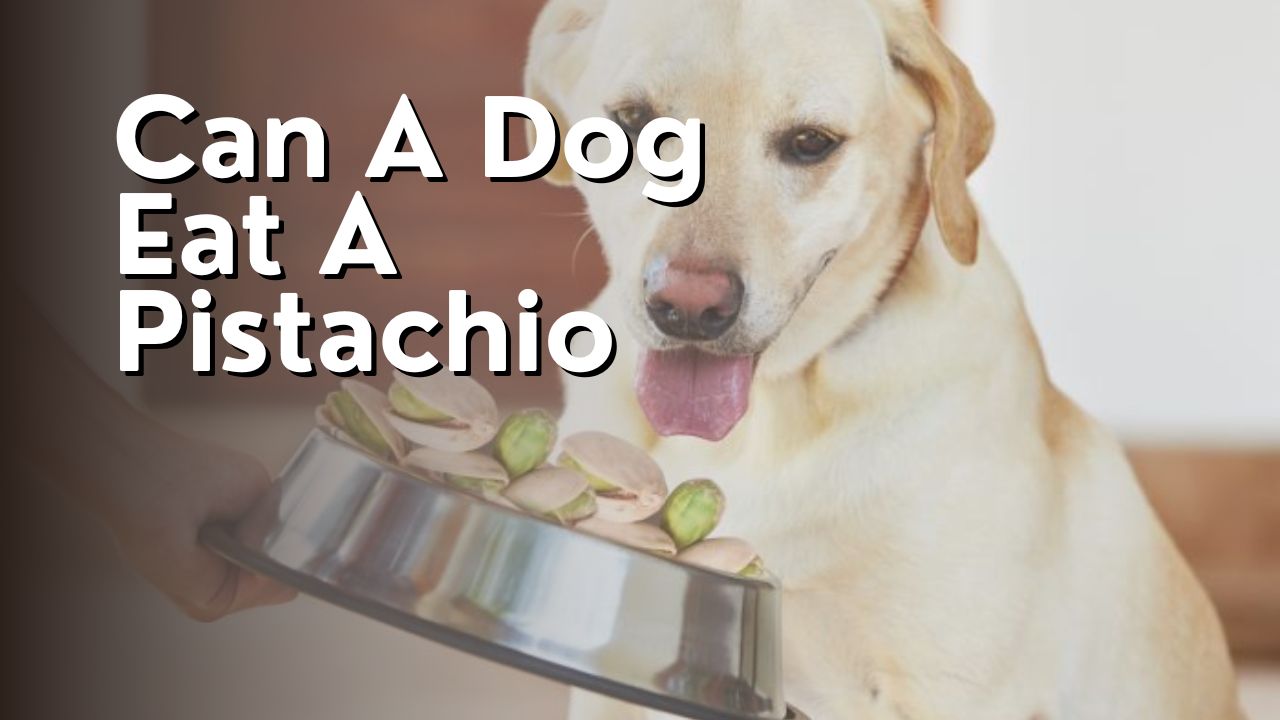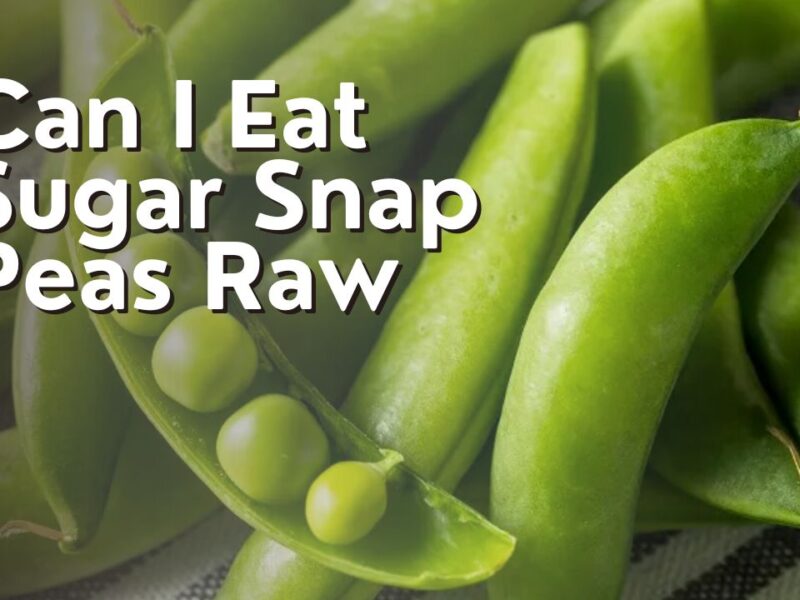Hey there! Have you ever wondered if it’s okay to give your furry friend a taste of pistachios? Well, I’m here to give you the scoop. As a dog owner myself, I’ve often questioned whether my pup can safely enjoy these delicious nuts. In this article, we’ll explore the potential risks and benefits of feeding pistachios to dogs, as well as safe ways to incorporate them into their diet.
Now, before you start handing out handfuls of pistachios to your four-legged companion, it’s important to understand that not all human foods are safe for dogs. Some nuts can be harmful or even toxic to our canine friends. That’s why it’s crucial to know the facts before sharing any food with your pup.
So, let’s dive in and find out if dogs can safely munch on these delightful green treats.
Potential Risks of Feeding Pistachios to Dogs
Feeding pistachios to dogs can pose potential risks, so it’s best to avoid giving them to your furry friend. While pistachios can be a tasty and nutritious snack for humans, they may not have the same benefits for dogs and can even be harmful to their health.
One of the main concerns with feeding pistachios to dogs is their high fat content. Dogs have different dietary needs than humans, and consuming too much fat can lead to pancreatitis, a painful and potentially life-threatening condition. Additionally, pistachios can be difficult for dogs to digest, especially if they are eaten in large quantities or with the shell on. This can cause gastrointestinal upset, such as vomiting or diarrhea.
Furthermore, pistachios often come salted, which can be harmful to dogs. Excessive salt intake can lead to sodium ion poisoning, which can cause symptoms like increased thirst, vomiting, diarrhea, and even seizures. Dogs are more sensitive to salt than humans, so even a small amount of salted pistachios can be dangerous for them.
In conclusion, it’s best to err on the side of caution and avoid feeding pistachios to dogs. There are plenty of other, safer snacks that you can give your furry friend to enjoy. If you suspect that your dog has ingested pistachios or is showing any signs of illness, it’s important to consult with your veterinarian for proper guidance and treatment.

Benefits of Feeding Pistachios to Dogs
Feeding pistachios to dogs can provide them with several nutritional benefits. They’re a good source of healthy fats and protein, which are essential for a dog’s overall health and wellbeing.
Additionally, pistachios contain antioxidants and vitamins that can support their immune system and promote a shiny coat.
Nutritional Value
Pistachios offer a range of nutrients that can be beneficial for a dog’s overall health. These delicious nuts are packed with vitamins, minerals, and antioxidants that can contribute to your furry friend’s well-being. Here are four key nutrients found in pistachios that can support your dog’s health:
- Protein: Pistachios are a good source of protein, which is essential for muscle growth and repair.
- Fiber: The fiber content in pistachios helps promote healthy digestion and can prevent constipation in dogs.
- Healthy Fats: Pistachios contain monounsaturated fats, which can support your dog’s cardiovascular health.
- Antioxidants: These nuts are rich in antioxidants, such as vitamin E, that help protect your dog’s cells from damage caused by free radicals.
While pistachios can provide nutritional benefits, it’s important to feed them to your dog in moderation. Too many pistachios can lead to an upset stomach or even pancreatitis. Always consult with your veterinarian before introducing any new food into your dog’s diet.
Healthy Fats and Protein
Indulging in a handful of these nutrient-rich nuts can provide your furry friend with a boost of healthy fats and protein, promoting their overall well-being. Pistachios are a great source of monounsaturated fats, which can help maintain a healthy coat and skin for your dog. They also contain a good amount of protein, essential for muscle growth and repair. However, it’s important to note that pistachios should be given to dogs in moderation due to their high fat content. Too many pistachios can lead to weight gain and digestive issues. It’s best to consult with your veterinarian before incorporating any new food into your dog’s diet. Here’s a table showcasing the nutritional value of pistachios:
| Nutrient | Amount per 100g |
|---|---|
| Protein | 20.6g |
| Fat | 45.4g |
| Fiber | 10.3g |
Remember, moderation is key when it comes to giving your dog pistachios.
Antioxidants and Vitamins
Boost your furry friend’s well-being by incorporating antioxidant-rich pistachios into their diet. Pistachios are a fantastic source of antioxidants, such as vitamin E, which helps protect your dog’s cells from damage caused by harmful free radicals. These antioxidants also support their immune system, keeping them strong and healthy.
Additionally, pistachios are packed with vitamins. Vitamin B6 aids in brain development and function, while vitamin A promotes good vision and a strong immune system. These vitamins are crucial for your dog’s overall health and vitality.
However, it’s important to remember that pistachios should only be given to your dog in moderation, as they are high in fat. So, when it comes to treating your furry friend, a few pistachios can be a nutritious and delicious snack.
Safe Ways to Incorporate Pistachios into Your Dog’s Diet
Including pistachios in your furry friend’s diet can be done safely and can provide them with a delicious and nutritious treat. Here are four safe ways to incorporate pistachios into your dog’s diet:
- Moderation is key: Pistachios should only be given as an occasional treat, not as a regular part of their diet. Too many can upset their stomach and lead to weight gain.
- Shelled and unsalted: Make sure to remove the shells before giving pistachios to your dog. The shells can be a choking hazard and may cause digestive issues. Additionally, choose unsalted pistachios to avoid giving your dog too much sodium.
- Chop them up: Dogs have smaller mouths than humans, so it’s best to chop the pistachios into smaller pieces. This makes it easier for them to chew and digest.
- Check for allergies: Before introducing pistachios to your dog, monitor them closely for any signs of allergic reactions such as itching, vomiting, or diarrhea. If any symptoms occur, discontinue feeding pistachios immediately.
Remember, while pistachios can be a tasty and nutritious treat for your dog, they should never replace a complete and balanced diet. Always consult with your veterinarian before making any changes to your dog’s diet.
Signs of Pistachio Allergies or Intolerance in Dogs
Dogs may experience allergic reactions or intolerance to pistachios, which can be identified through various signs and symptoms. It’s important to pay attention to these signs to ensure the health and well-being of your furry friend.
One common sign of a pistachio allergy in dogs is itching or scratching. If your dog is constantly scratching, licking, or biting at certain areas of their body, it could be a sign of an allergic reaction.
Other signs may include redness or inflammation of the skin, hives, or swelling around the face or throat.
Additionally, dogs with a pistachio intolerance may experience digestive issues such as diarrhea, vomiting, or an upset stomach.
If you notice any of these symptoms after your dog has consumed pistachios, it’s best to consult with your veterinarian. They can help determine if your dog is indeed allergic to pistachios and provide guidance on how to manage their diet accordingly.
Remember that each dog is unique, and some may have a higher sensitivity to certain foods than others.

When to Consult a Veterinarian
If you notice any of these symptoms after indulging in pistachios, it’s time to seek veterinary advice to ensure your furry companion’s well-being. Some common signs of pistachio allergies or intolerance in dogs include vomiting, diarrhea, excessive itching or scratching, swollen face or paws, and difficulty breathing. These symptoms may indicate an allergic reaction or gastrointestinal distress.
When it comes to your dog’s health, it’s always better to be safe than sorry. Consulting a veterinarian is crucial if you suspect that your dog is experiencing any adverse effects from eating pistachios. They can assess your dog’s condition, provide a proper diagnosis, and offer appropriate treatment options.
Here are three reasons why it’s important to consult a veterinarian in such situations:
- Allergies can worsen: If your dog is allergic to pistachios, the reaction can escalate with each exposure. It’s essential to identify the allergen and take necessary precautions to prevent future incidents.
- Potential underlying health issues: Sometimes, pistachios may exacerbate existing health conditions in dogs, such as pancreatitis or gastrointestinal disorders. A veterinarian can evaluate your dog’s overall health and determine if further medical intervention is needed.
- Proper guidance and advice: Veterinarians are knowledgeable about canine nutrition and can provide valuable guidance on suitable dietary choices for your dog. They can recommend alternative treats that are safe and enjoyable for your furry friend.
Remember, your veterinarian is there to help ensure your dog’s well-being, so don’t hesitate to seek their advice if you have any concerns.
Frequently Asked Questions
Can a dog eat pistachios with the shell on?
Yes, a dog can eat pistachios with the shell on, but it’s not recommended. The shell can be a choking hazard and may cause digestive issues. It’s safer to feed them shelled pistachios in moderation.
How many pistachios can a dog safely eat in one day?
A dog can safely eat a few pistachios in one day. However, it’s important to remember that pistachios should only be given as an occasional treat and in moderation to prevent any digestive issues.
Are there any health benefits of feeding pistachios to dogs?
Feeding pistachios to dogs can provide health benefits. They are a good source of protein, fiber, and healthy fats. However, moderation is key as too many pistachios can lead to digestive issues or weight gain.
Can dogs develop a pistachio allergy over time?
Yes, dogs can develop a pistachio allergy over time. Just like humans, dogs can develop allergies to certain foods. It’s important to monitor your dog for any signs of allergic reactions and avoid feeding them pistachios if they show symptoms.
Are there any potential long-term effects of feeding pistachios to dogs?
There are potential long-term effects of feeding pistachios to dogs. These can include digestive issues, choking hazards, and the risk of pancreatitis due to the high fat content. It’s best to avoid giving pistachios to dogs.
Conclusion
In conclusion, while it’s generally safe for dogs to eat pistachios in moderation, there are potential risks and benefits to consider.
Pistachios can provide dogs with essential nutrients and be a tasty treat, but they can also pose a choking hazard and cause digestive issues.
It’s important to introduce pistachios slowly and watch for any signs of allergies or intolerance.
If in doubt, consulting a veterinarian is always the best option to ensure your dog’s health and well-being.


